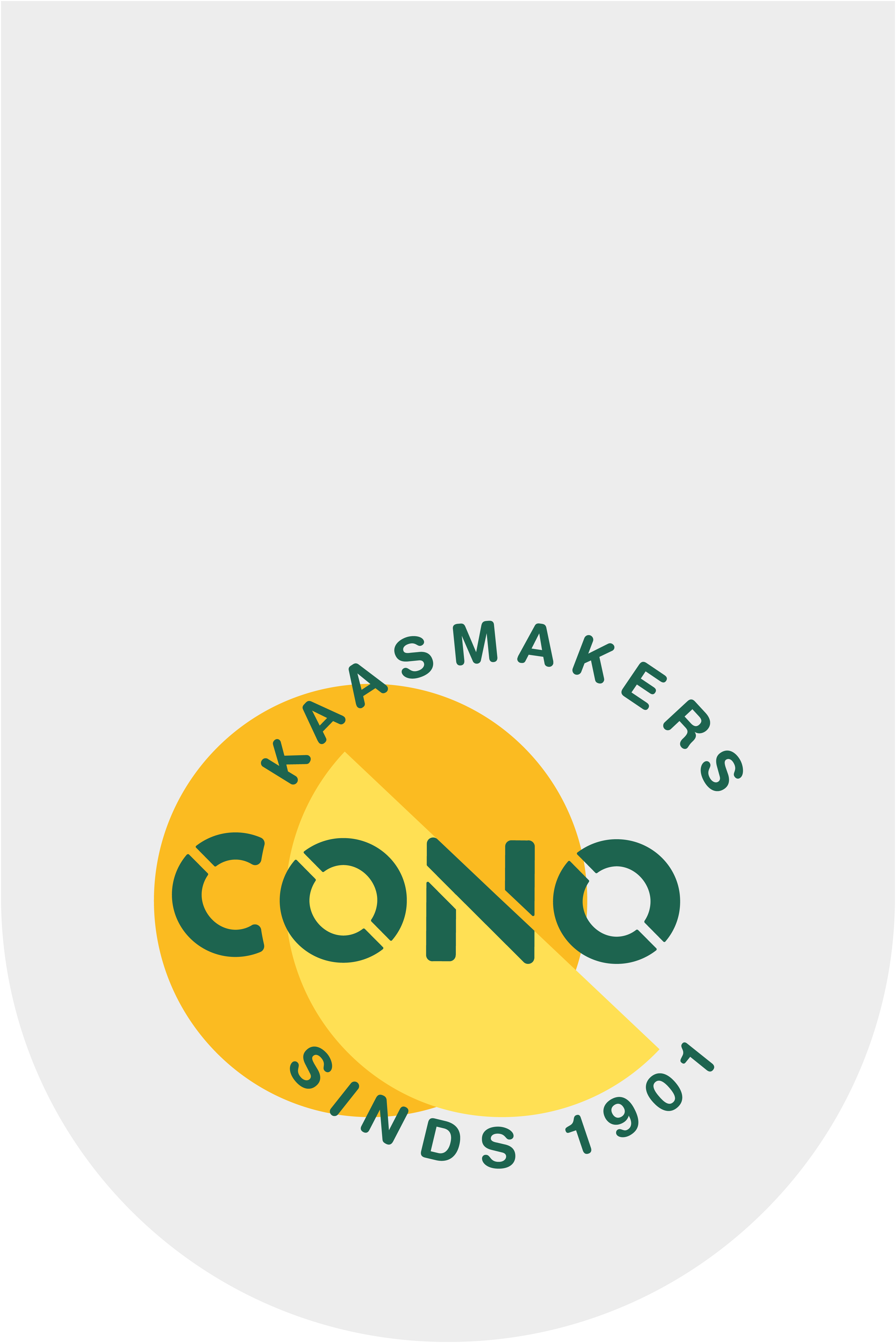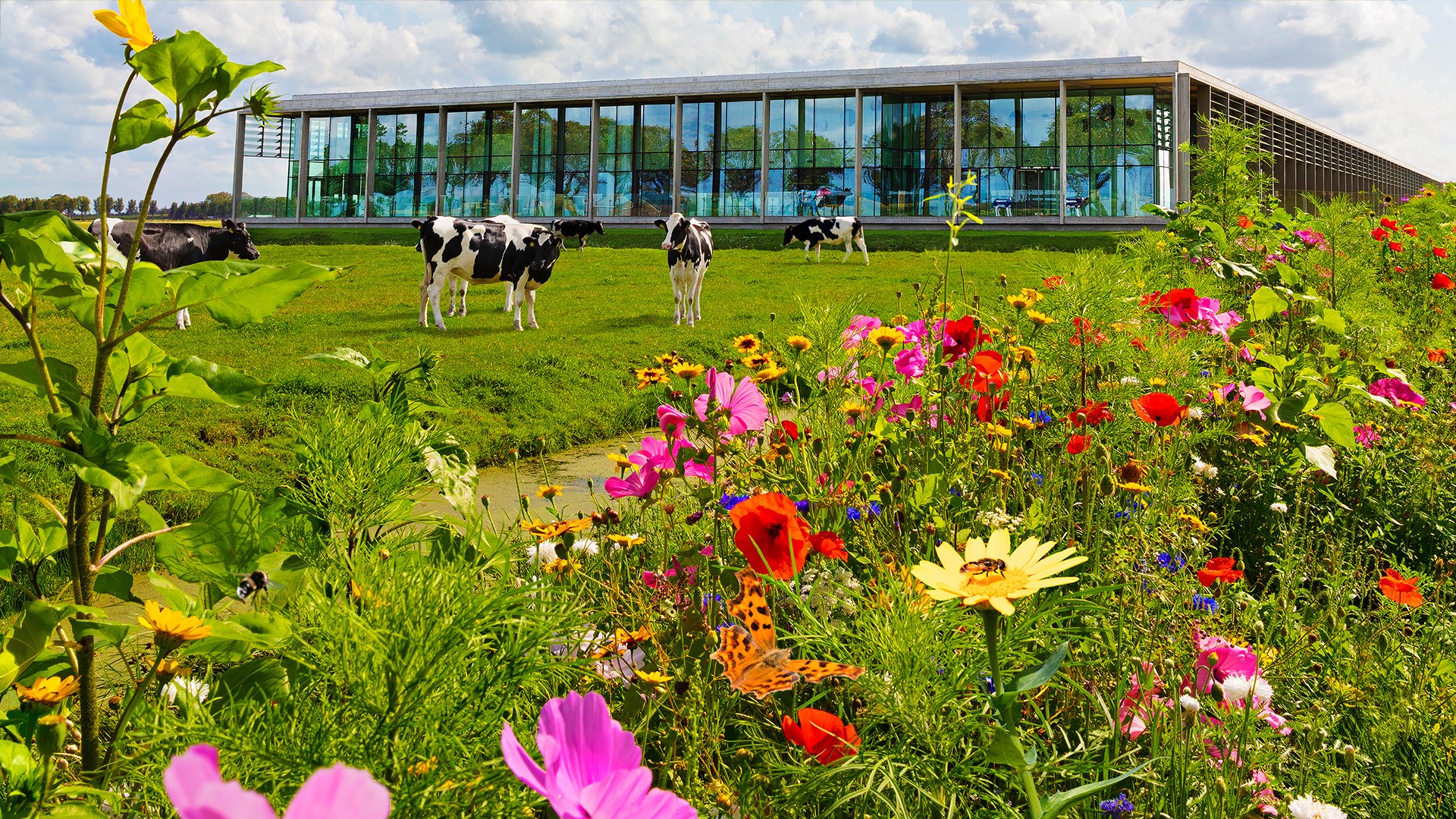CONO Cheese makers pulls together with partners for more sustainable transport
CONO Kaasmakers, together with its milk and cheese transporters, wants to reduce the footprint of cheese. Through hybrid trucks and the first fully electric RMO (Riding Milk Receipt), a contribution is being made to the ambition to go for positive for future generations together. This requires cooperation in the chain.
First electric RMO
Danmel Transport from Oosthuizen provides much of the milk transport for CONO. After a successful test drive, owner Mart de Waard has the Netherlands' first all-electric RMO on order from Volvo. The truck is expected to be delivered and put into operation in the first quarter of 2023. De Waard: "CONO attaches importance to sustainable developments throughout the chain. Through this cooperation, I can improve my services in sustainability and also reduce ourCO2 emissions."
Electric driving also brings challenges. Fast charging is not yet possible. That is why the route this vehicle will take and the way in which it will absorb the hours lost in charging have been critically examined. Because the cheese factory is well equipped to handle peak loads, it has been agreed that the truck will be recharged overnight at CONO.
In addition to the electric RMO, Danmel Transport has had an RMO running on liquid natural gas (Lng) for two years, ultimately emitting 20% lessCO2. CONO's second milk transporter Meijer Melktransport drives Euro-6 trucks that emit 97% less nitrogen than Euro-1 class engines. Both companies also use a trailer with its own battery, which is charged while driving. With this battery, milk is no longer pumped over with the engine running.
Hybrid cheese transport
Transport company G.G. de Vries & Zoon from Minnertsga provides the transport of CONO's well-known Beemster cheese. CONO also entered into discussions with this company aboutCO2 reduction and electrification of transport. De Vries' choice fell on the purchase of a hybrid truck from Scania. Rients de Vries, owner of the transport company about the cooperation: "We are proud that with the already made and future investments we can help CONO achieve their ambitious climate goals. Fully electric driving is not yet feasible due to the longer distances we travel. The hybrid engine delivers 20% fuel savings with which we reduce our own carbon footprint."
It is also being investigated whether De Vries can run the truck used for CONO cheese on HVO100 (100% Hydrotreated Vegetable Oil) instead of diesel. Besides vegetable oils, HVO is also produced from waste, residual oils and fats, such as used frying fat. HVO100 leads to aCO2 reduction of over 85% compared to regular diesel.
Together you can achieve more
Sustainability cannot be achieved alone. That is why CONO Kaasmakers is tackling the sustainability challenge together with partners from the logistics sector. Wim Betten, Managing Director of CONO Kaasmakers says: "We think it is important that we take steps together with our partners in the area of sustainability and we continue to encourage this. We are proud that our partners are making these investments, even in uncertain times when it comes to energy and fuel. Our carriers thus contribute to the climate goals of the transport sector in general, and in particular make a positive contribution to the overall footprint of our cheese, which we aim to reduce by 30% by 2030."

